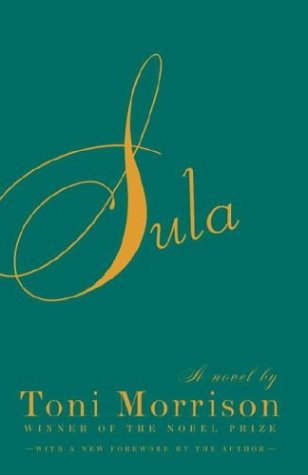As much as I enjoyed the first Neapolitan novel, My Brilliant Friend, I think I enjoyed The Story of a New Name even more; the novel picks up quite neatly at the ending of the first novel, with a particularly defining narrative moment in the lives of Lila and Lenu, an event which will very much set the tone and the narrative course for the second novel (I hope that isn't spoiler-y). The girls are now 16 and although their lives diverged in childhood when Lenu continued her education and Lila was forced to drop out of school, the divergence becomes that much more pronounced as they come of age along with the rest of their childhood playmates in their impoverished Italian neighborhood.
Ferrante's ability to write about adolescence is really striking, and I'm curious how an actual teenager would react to The Story of a New Name. The narrative is so meticulous and detailed and maybe the reason it feels like such an accomplishment to me is that I, like Ferrante, am an adult woman, looking back on her teenage experiences, and thus, I share her vision, whereas an actual teenager currently entrenched in the experience wouldn't relate to Lila and Lenu's experiences at all. Nevertheless, the coming of age of these characters who the reader has grown to know so intimately in My Brilliant Friend is an incredibly satisfying and rewarding experience that only comes from a really long, rich novel of this scope. Perhaps most significantly, we see the fictional Elena Greco and the real Elena Ferrante merge more and more, and every moment of realization at a shared trait only enhances the reading experience and feels like the discovery of some further treasure in a novel that is already so rich.
I have really fallen deeply in love with these novels; I purchased Book 3 on my Kindle within minutes of finishing The Story of a New Name, and the September 2015 publication date for Book 4 (the final novel) was just announced, so I am very ready to continue living in this world for a while longer.





